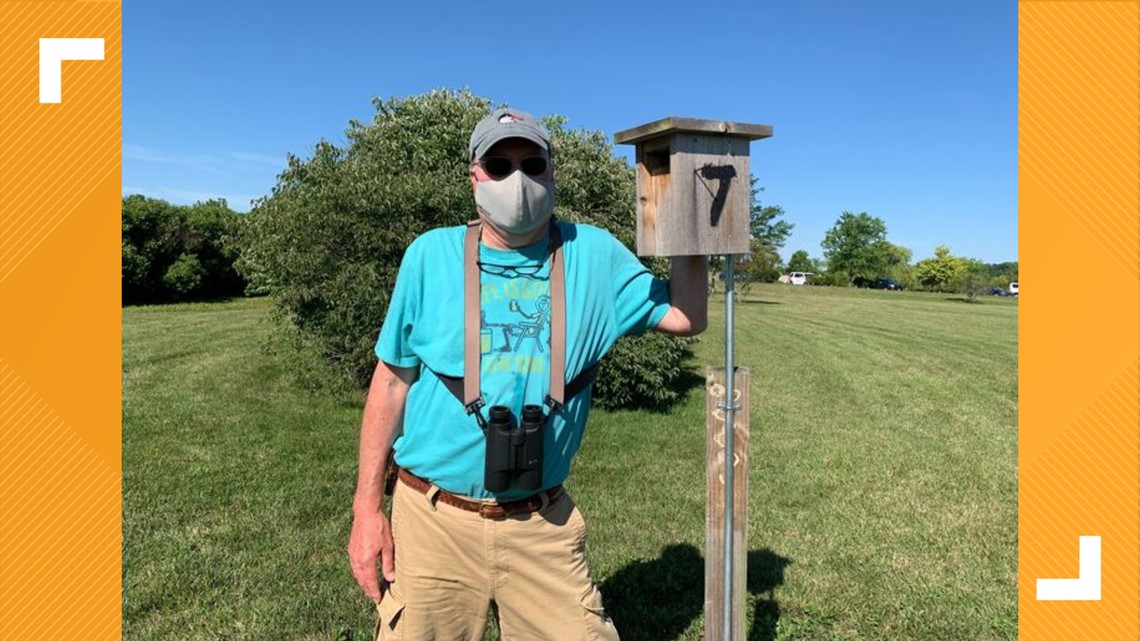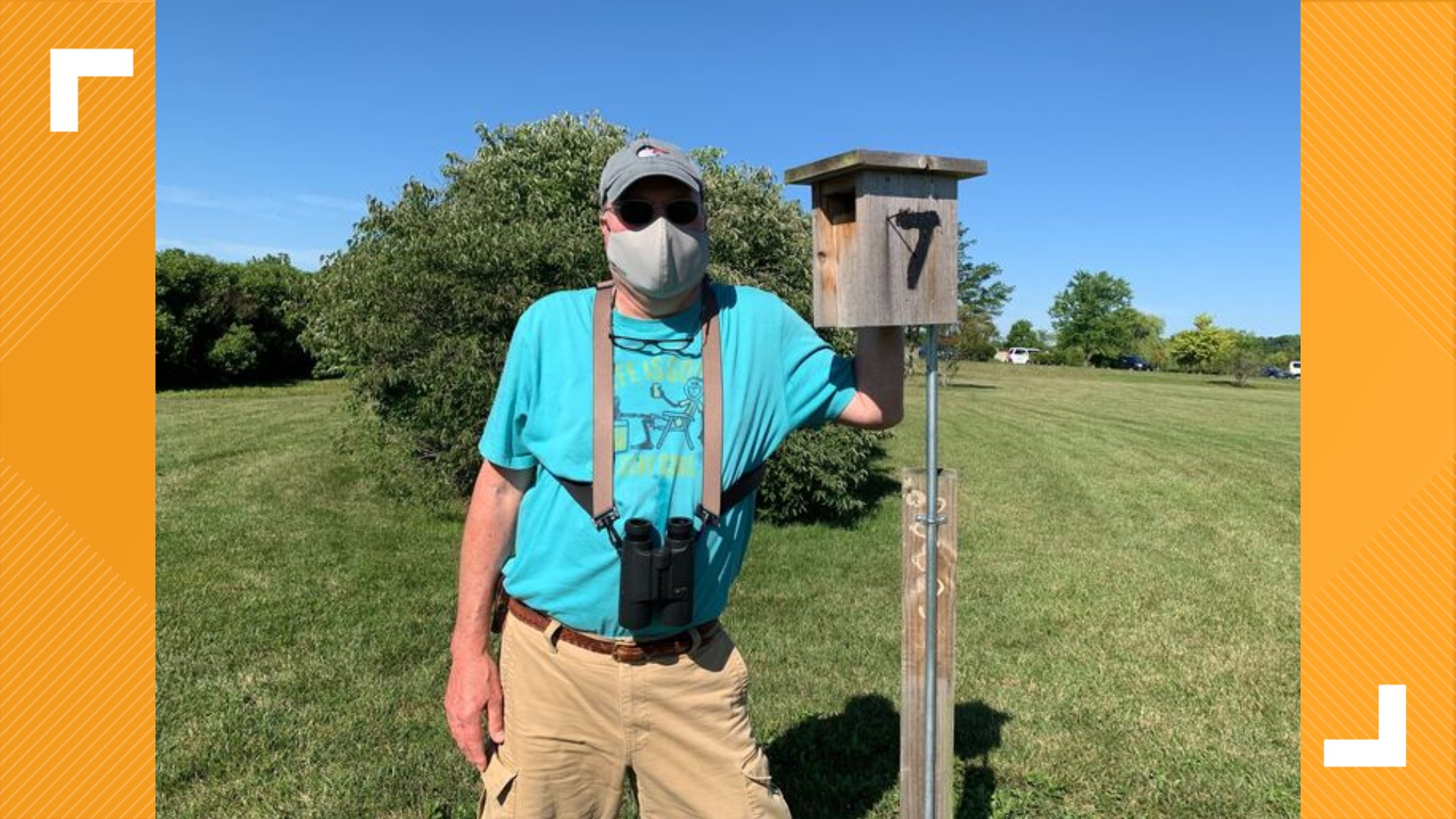CARMEL, Ind. —
Every week at Coxhall Gardens in Carmel, you can find John Guggemos enjoying retirement.
He's 72 and traveled the world for work. He's an avid nature lover and bird-watcher, who now donates his time to document nesting activity in the Hamilton County park. He scans the skies with his binoculars and is thrilled to discover new nests of baby birds.
John often travels with Donna, his wife of 51 years, to see nature's best views.
It was during a trip to Costa Rica and up the Continental Divide of the Americas when John felt physically off.
"I was gassed. I was bent over and struggling, so I stopped hiking," John said.
He suspected altitude sickness, but to be sure, he signed up for a heart scan when he got back home in Indiana.
His calcium score five years earlier was 95. While a score of zero is perfect, doctors say scores in the hundreds are more concerning, so John felt pretty confident.
He was in for a surprise.
"They told me my number was 936. And then they told me exactly what that number represented: blockage[s] in several places, so I got very concerned at that point in time," John said. "It was no longer altitude sickness. It was that number of, 'I'm in trouble, I've got to get it fixed.'"
At Ascension St. Vincent, cardiologist Dr. Kirk Parr said calcium scores over 400 set off warning bells.
"His symptoms initially set him off. The calcium score helped us get partway there, and the stress test confirmed what we suspected," Parr said. "The cardiac catheterization found the blockage, and it was treated with a stent. It was really a high-risk block around 95 percent."


"The nurses call it a 'widow maker,'" John said. "So it meant, 'John, your days are numbered if you don't take care of this. You may have done irreparable harm to yourself.'"
He hastens to think of the long odds he faced if he would have had a heart attack while alone bird-watching out in the park.
Instead, he's looking ahead and checking items off his bucket list.
"We want to get out Oregon again and maybe Washington and make that a two to three-week trip. We like to see the mountains and the sea," John said.
He believes his ticker can handle the altitude better now, and he's ready to go.
John had several risk factors for heart disease, including family history and high blood pressure.
If you would like to qualify for a $49 heart scan, you must be over the age of 40, with one risk factor and not have had a scan in the last five years.
Click here to learn more.

